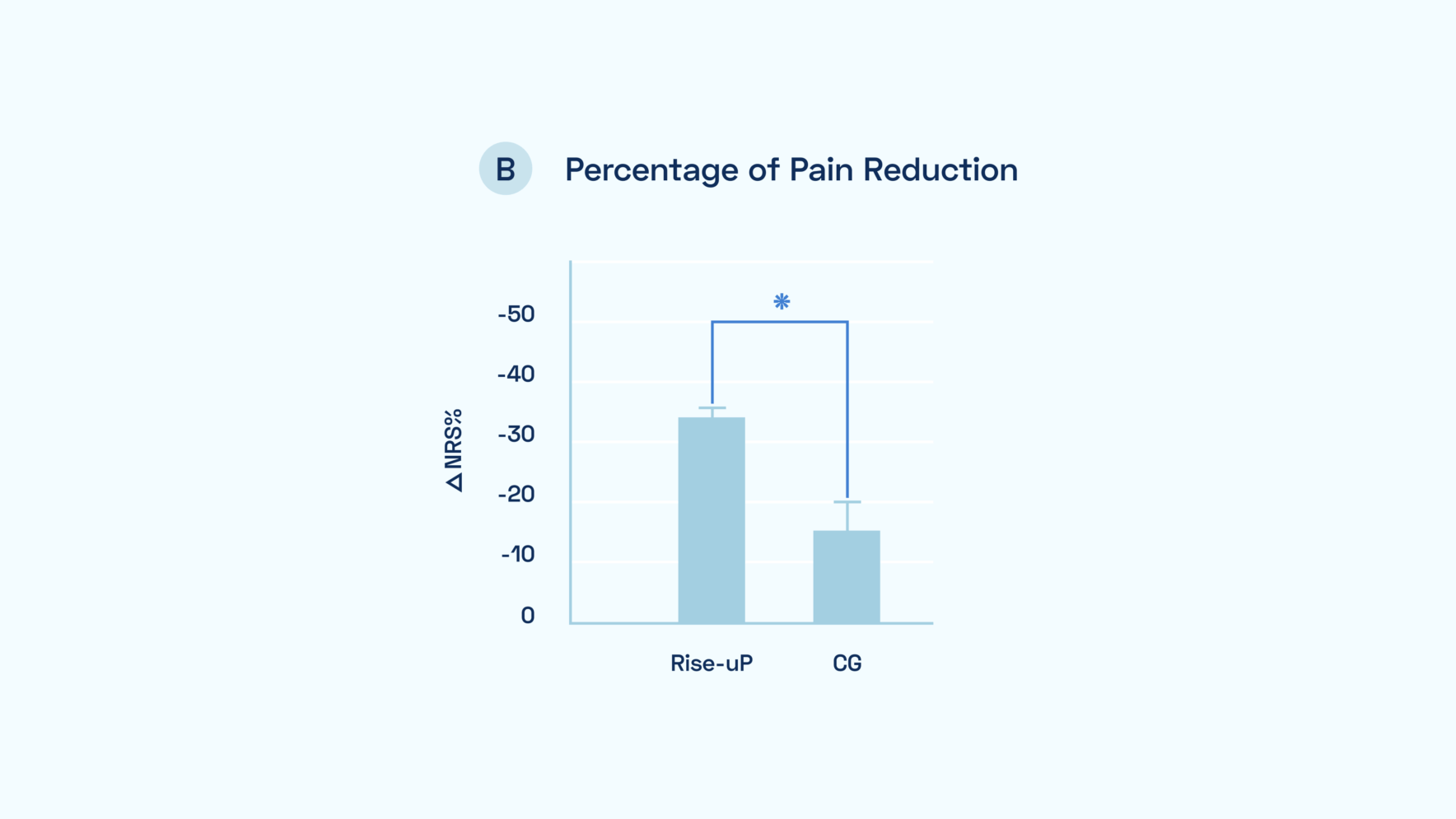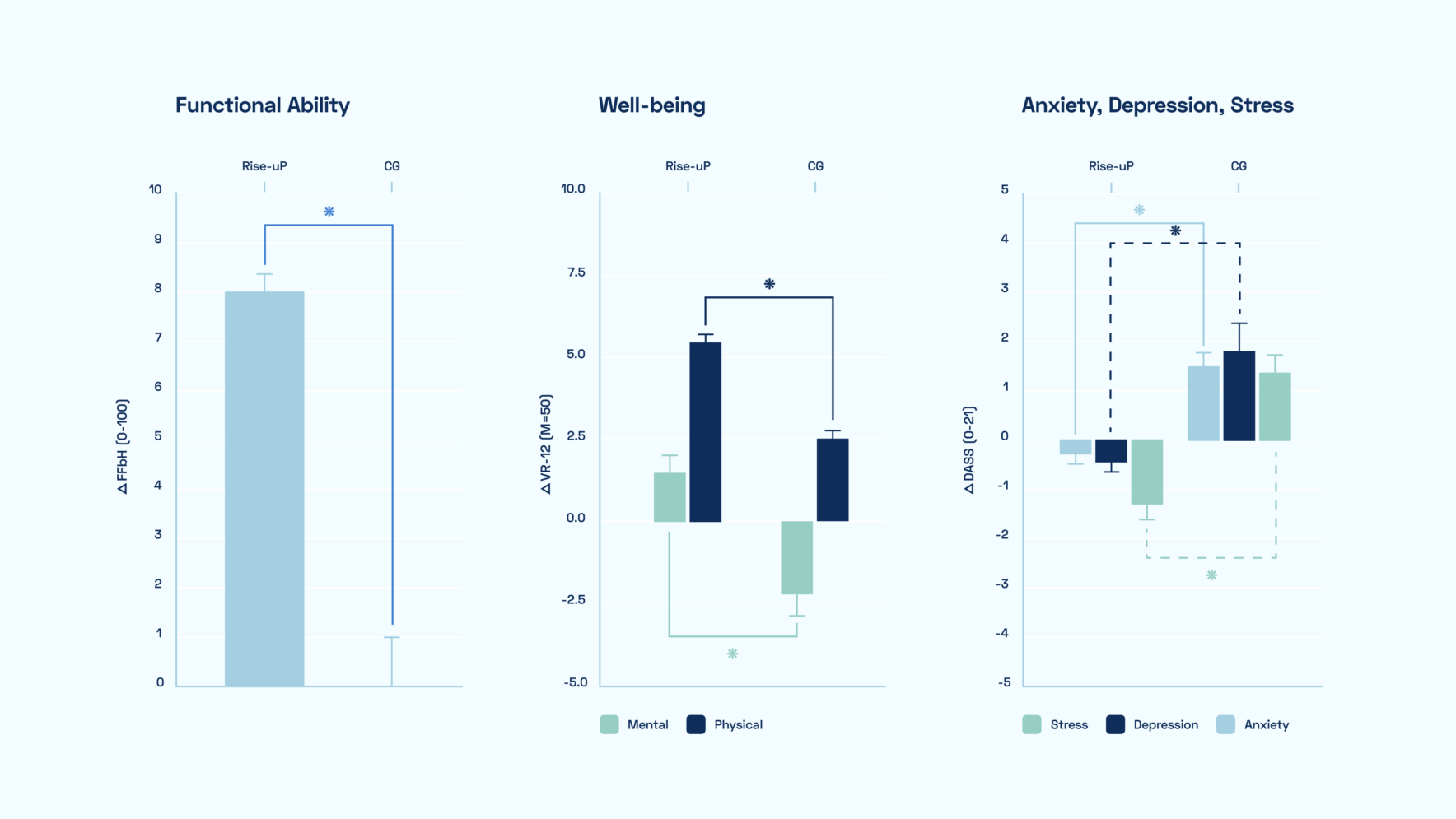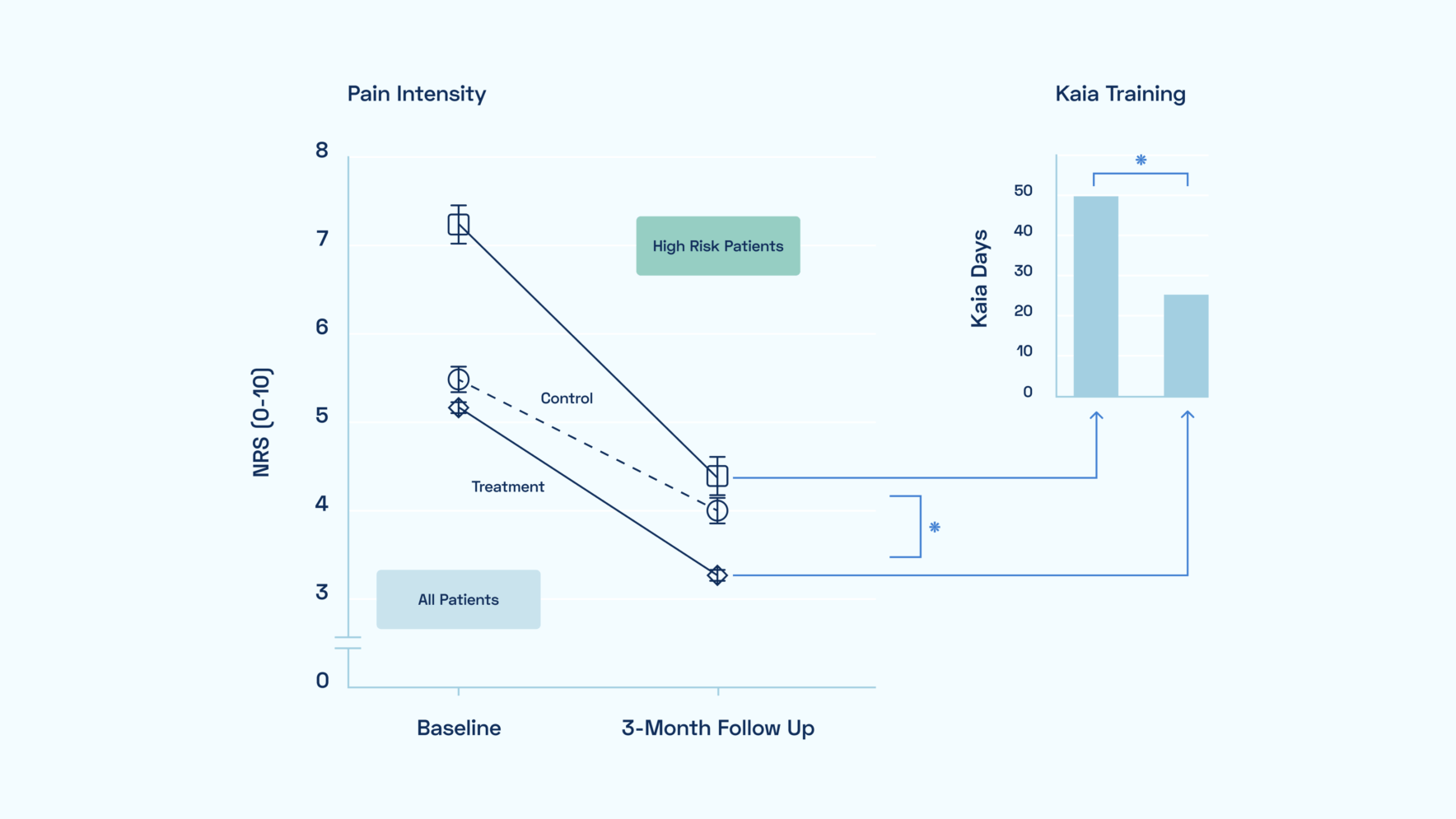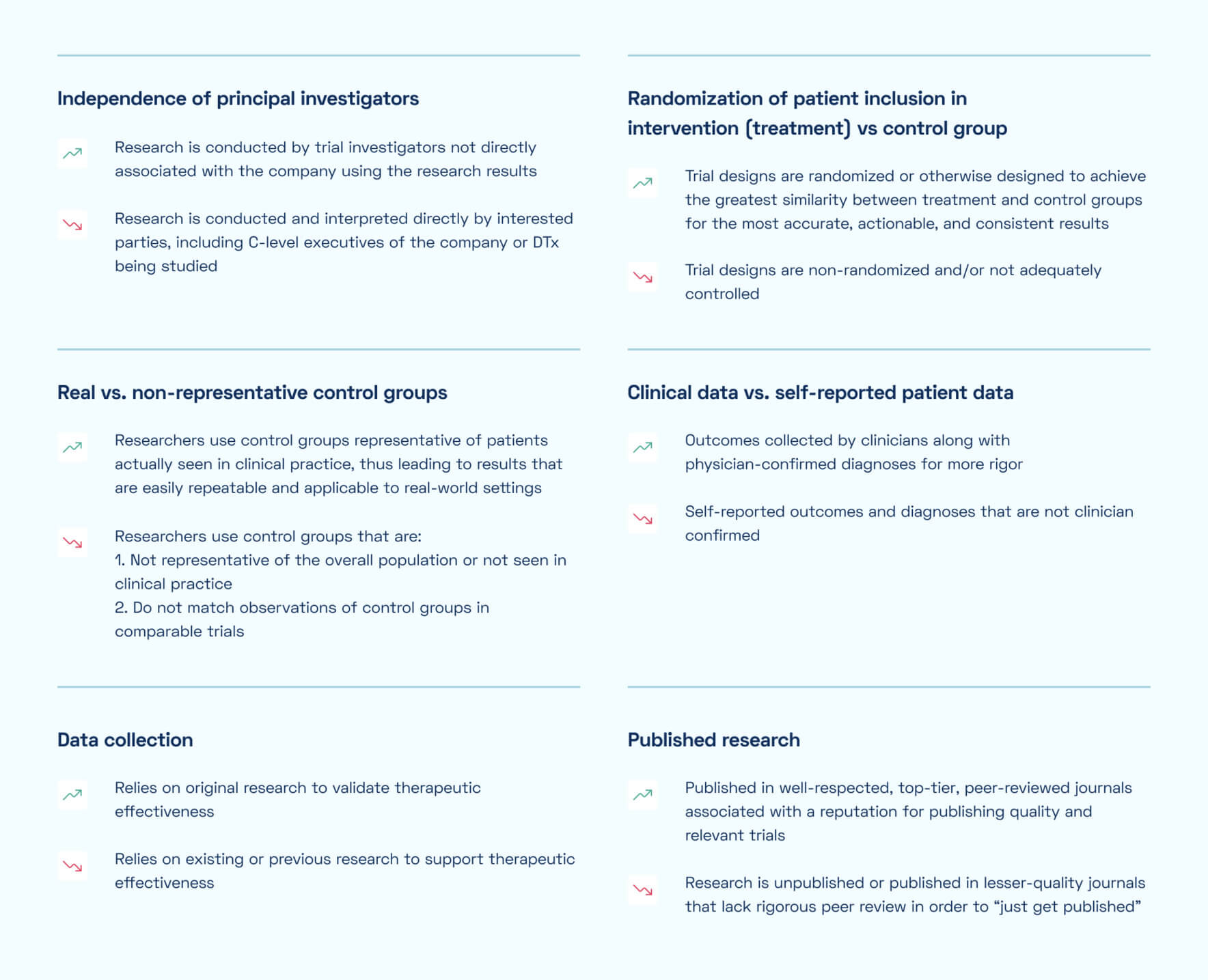
Kaia Health’s Digital MSK Therapy App Effectively Reduces Pain
Digital treatment of back pain powered by the Kaia Health app significantly outperforms standard-of-care treatment across all medical outcomes, including pain, anxiety, depression, stress, body function, and well-being.
3 min read

Further Reading
-
 Those with chronic conditions are facing new challenges in the midst of the COVID-19 pandemic. Digital Therapeutics can help. Join us along with our partner Virgin Pulse on 7/16 at 2 pm EDT to learn more.1 min read
Those with chronic conditions are facing new challenges in the midst of the COVID-19 pandemic. Digital Therapeutics can help. Join us along with our partner Virgin Pulse on 7/16 at 2 pm EDT to learn more.1 min read -

Digital Biomarkers Have Evolved as Safe Options to In-Clinic Testing
Advanced motion-tracking analysis continuously tracks movement patterns, quantifies measures of health, and provides clinically meaningful performance outcomes to personalize patient care.4 min read -

Six Things to Consider When Choosing a Digital MSK Solution
Minimizing the impact of chronic musculoskeletal (MSK) pain on physical and mental health in a post-COVID world.6 min read



